Britain & Ireland 1066-1509
The Normans are coming – and they stayed and now we all speak French – actually we don’t , so why not? Well find out about the impact of the last great invasion into England and how the subsequent relations with France result in the Hundred Years War. Or learn about the Magna Carta and wars of the Roses – but this section is not all about war!
Sort by:
Date (Newest first) | Title A-Z
Show:
All |
Articles |
Podcasts |
Multipage Articles
-
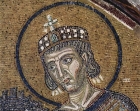
Exploring change and continuity with Year 7
ArticleClick to view -

Exploring the relationship between historical significance and historical interpretation
ArticleClick to view -

Film: A Jewish Divorce Case in Medieval England
ArticleClick to view -

Film: Creating a more positive interpretation of the Middle Ages at Key Stage 3
ArticleClick to view -

Getting Year 7 to vocalise responses to the murder of Thomas Becket
ArticleClick to view -
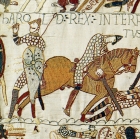
Harold Son of Godwin
ArticleClick to view -
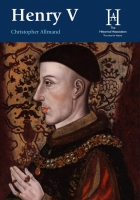
Henry V
ArticleClick to view -
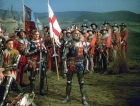
Henry V in the cinema
ArticleClick to view -

How should women’s history be included at Key Stage 3?
ArticleClick to view -

Improving Year 12's extended writing
ArticleClick to view -

Interpreting Agincourt: KS3 Scheme of Work
ArticleClick to view -
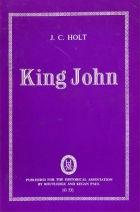
King John
ArticleClick to view -

Magna Carta Enquiry: free lesson sequence
ArticleClick to view -
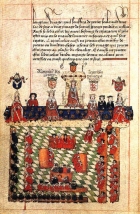
Magna Carta and the Origins of Parliament
ArticleClick to view -

Magna Carta: oblivion and revival
ArticleClick to view -

Maximising the power of storytelling in the history classroom
ArticleClick to view -
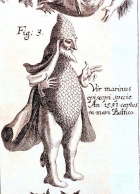
Medieval 'Signs and Marvels'
ArticleClick to view -
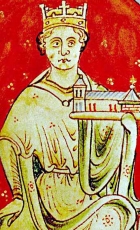
Medieval Britain 1066-1509
ArticleClick to view -
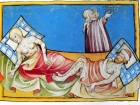
Medieval Medicine Podcast
Multipage ArticleClick to view -

New, Novice or Nervous? 171: Teaching Medieval History
ArticleClick to view

